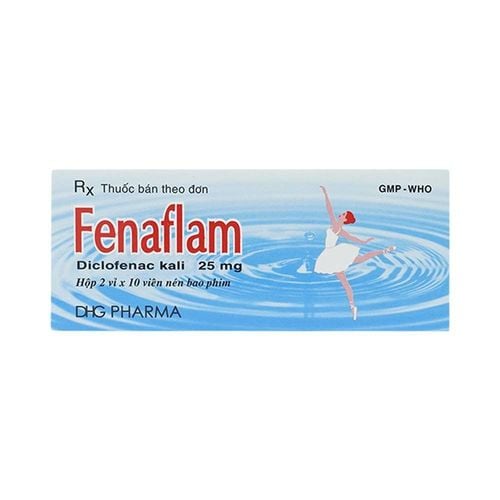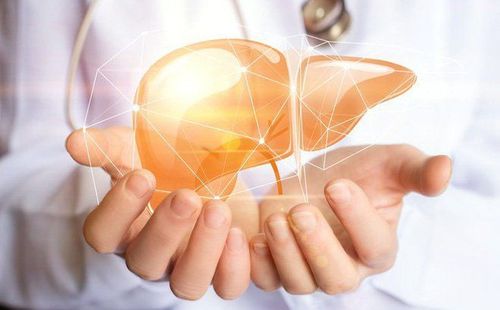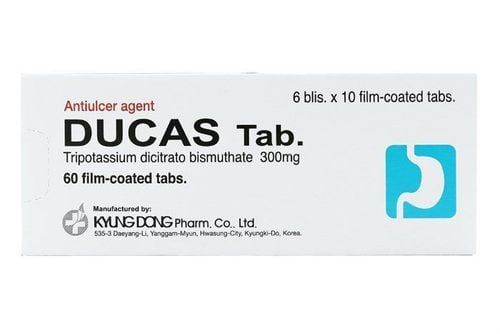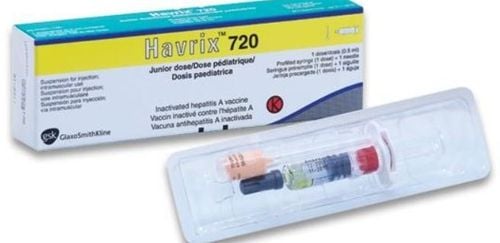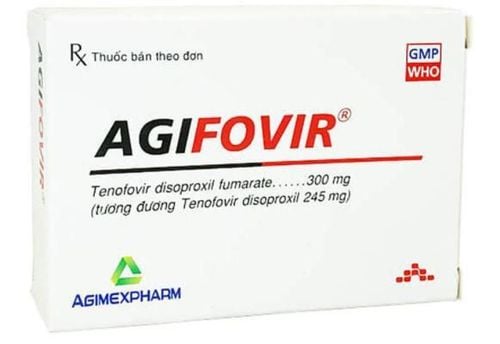This is an automatically translated article.
Hepatobiliary disease in children is caused by many different diseases, the most common of which is congenital biliary atresia. Early detection and treatment of hepatobiliary disease in children will improve the effectiveness of treatment and avoid leaving serious sequelae.
1. Why do children get hepatobiliary diseases?
Acquired liver disease due to other chronic diseases, toxic substances, viruses is more common in adults. In children, most liver diseases are found to be due to genetics or congenital metabolic disorders.
In children, the physiological function of the liver and biliary system is not yet complete. The perinatal period is the time when important changes in liver metabolism take place so that the liver can take over the body's functions.
The body's immune system is very weak, in the first few days after birth, there are still some antibodies passed on by the mother. After that, the child's body falls into a state of "lack of protection", if during this period the child is exposed to toxins or viruses, the child's hepatobiliary system will be vulnerable.
2. Causes of hepatobiliary disease in children
Some common causes of hepatobiliary diseases in children are:
HBV and HCV viruses cause hepatitis in children: There is a good response to treatment; Hepatitis due to autoimmune causes : accounted for 1.9% of hepatobiliary diseases in children; Metabolic disorders: Deficiencies of one or more enzymes, receptors, transport proteins, and agonists cause multiple acute episodes and a high risk of death. Some common metabolic diseases such as Wilson's disease in children, alpha-1-antitrypsin deficiency; Portal hypertension in children; Congenital biliary atresia ; Congenital cirrhosis.
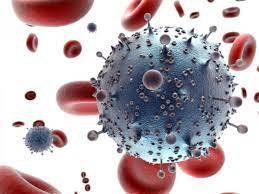
Virus HBV, HCV gây viêm gan ở trẻ
3. Clinical manifestations of hepatobiliary diseases in children
Depending on the cause of the disease, the duration of the disease and the predominant affected organ (liver or biliary tract), the symptoms will be different.
Liver disease may have the following symptoms:
Early stage: The disease may progress silently; Jaundice, yellowing of the eye conjunctiva: Due to not converting free Bilirubin into synthetic Bilirubin, it causes increased blood concentration and jaundice; Discolored stools, dark urine; Large liver; Portal hypertension with ascites, collateral circulation in the child's abdomen, gastrointestinal bleeding; Severe symptoms that are life-threatening: Hypoglycaemia, coagulation disorders due to lack of clotting factors, the most serious consequence is intracranial hemorrhage. Biliary tract disease has the following manifestations:
Cholestatic jaundice; Early, persistent discolored stools; Abnormally large gallbladder. In addition, in some diseases, there are specific symptoms of the disease.
In children, physiological jaundice occurs within the first week after birth. This condition usually resolves on its own with no complications. Care should be taken to avoid confusion with hepatobiliary diseases in children.
Alterations occurring in any step of the metabolism can cause jaundice in excess of the physiological threshold for jaundice. Important changes in the steps of bilirubin metabolism.
4. Liver and biliary tests should be done in children
The following tests should be performed to diagnose hepatobiliary diseases in children:
Liver function tests: measure the levels of liver enzymes SGPT, SGOT, alkaline phosphatase; Total Bilirubin, Free Bilirubin in the blood; Blood clotting time; Ultrasound of the liver and biliary system.
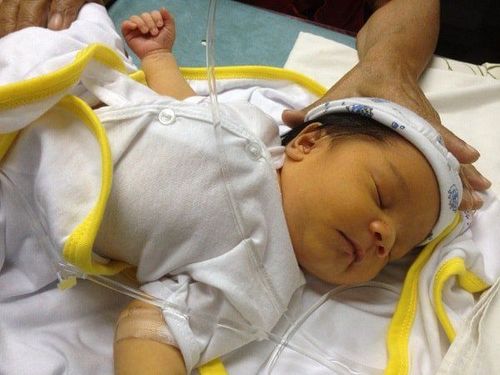
Biểu hiện lâm sàng các bệnh gan mật ở trẻ em có thể là vàng da, vàng kết mạc mắt
5. Treatment of hepatobiliary diseases in children
Congenital hepatobiliary disease can be detected early if parents recognize the symptoms. The disease can be completely cured by medical treatment and supplementing some missing enzymes in children or surgical intervention.
With increased free bilirubin:
For infants with congenital biliary tract disease requiring fluid infusion, to reduce plasma Bilirubin levels thereby reducing the risk of kernicterus; Phototherapy helps to increase the excretion of Bilirubin in the urine; Phenobarbital to increase the metabolism of Bilirubin. Cholestasis:
Surgical treatment of congenital malformations of the biliary tract; Consider liver transplantation if cirrhosis is severe or liver function is severely impaired.
6. Prevention of hepatobiliary disease in children
To prevent liver disease in children, parents need to build their children a scientific diet and lifestyle as follows:
Limit eating fried foods, greasy foods, drinks containing a lot of sugar, especially chemical sugar; Encourage children to practice sports, limit sedentary lifestyle and prefer to sit still; Be careful in the use of drugs in children, pay attention to the dosage and use it according to the doctor's instructions; In conclusion, hepatobiliary disease in children is often associated with inherited metabolic disorders or other metabolic disorders. Therefore, parents should take their children to have regular health check-ups so that they can detect liver and biliary diseases early so that appropriate care and treatment measures can be taken.
Currently, the Pediatrics Department at Vinmec International General Hospital is trusted by many parents to examine the diseases that babies and children have. Vinmec brings satisfaction to customers and is highly appreciated by industry experts by:
Gathering a team of leading pediatricians: including leading experts with high professional qualifications ( professor, associate professor, doctorate, master), experienced, worked at major hospitals such as Bach Mai, 108... The doctors are well-trained, professional, conscientious - understanding and understanding young psychology. Besides domestic pediatricians, the Department of Pediatrics also has the participation of foreign experts (Japan, Singapore, Australia, USA) who are always pioneers in applying the latest and most effective treatment regimens. . Comprehensive services: In the field of Pediatrics, Vinmec provides a series of continuous medical examination and treatment services from Newborn to Pediatric and Vaccine,... according to international standards to help parents take care of their baby's health from birth to childhood. Advanced techniques: Vinmec has successfully deployed many specialized techniques to make the treatment of difficult diseases in Pediatrics more effective: neurosurgery - skull surgery, stem cell transplantation blood in cancer treatment. Professional care: In addition to understanding children's psychology, Vinmec also pays special attention to the children's play space, helping them to play comfortably and get used to the hospital's environment, cooperate in treatment, improve the efficiency of medical treatment.
Please dial HOTLINE for more information or register for an appointment HERE. Download MyVinmec app to make appointments faster and to manage your bookings easily.




